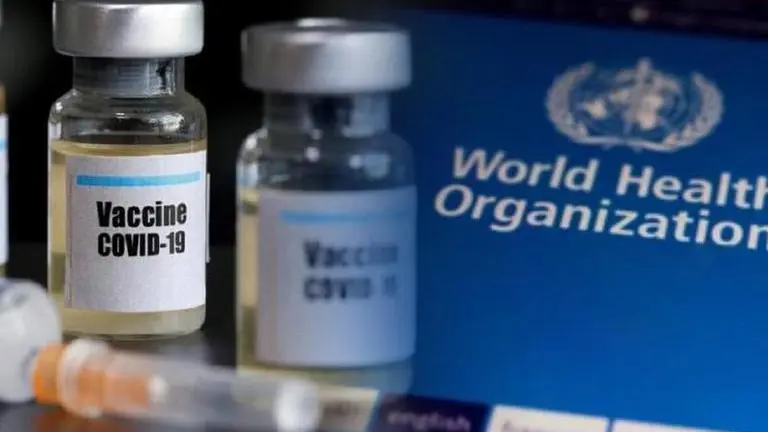Updated 13 January 2022 at 06:40 IST
WHO warns current COVID-19 booster doses may not be enough, calls for upgradation
World Health Organization (WHO) has stated that current COVID-19 vaccinations may need to be upgraded to give continuing protection against new variants.
- World News
- 2 min read

The Omicron variant of COVID-19 has led to the rapid increase of COVID cases around the world and looking at the situation, World Health Organization (WHO) has stated that current COVID-19 vaccinations are not enough may need to be upgraded to give continuing protection against new variants, particularly Omicron. As per the reports of Xinhua, WHO's Technical Advisory Group on COVID-19 Vaccine Composition said that although current vaccines provide a high level of protection against severe disease, future vaccines that can prevent infection and transmission must be developed.
WHO also stated that these revisions must be based on variants that are genetically and antigenically similar to the circulating variations, according to Xinhua. The health agency further said that in order to avoid the need for subsequent booster dosages, they should also elicit strong long-lasting reactions. Experts have urged COVID-19 vaccine manufacturers to give data on the performance of Omicron-specific vaccinations in order to determine when vaccine composition adjustments may be necessary. Experts have also stressed the necessity of broader global availability to current COVID-19 vaccinations in relation to the current Omicron variant.
Omicron-targeted vaccination
Pfizer CEO Albert Bourla said earlier this week that a revised COVID-19 vaccination that particularly targets the Omicron variant is likely to be required, adding that his company might have one available by March. He also stated that Pfizer and BioNTech SE are developing an Omicron-targeted vaccination. Bourla also emphasised the need for booster shots against Omicron but also said that it is unclear how long a COVID-19 booster dose will keep individuals safe, according to CNBC.
Versions of eight different vaccines have received UN approval thus far. An increasing body of research suggests that the Omicron COVID variant is not only considerably more transmissible than prior variants but also better at evading some vaccination defences.
Advertisement
Some poor nations still waiting for their first vaccination
However, WHO has resisted the push of booster programmes in the fight against Omicron, claiming that it makes no sense because many people in poorer countries are still waiting for their first vaccination, dramatically increasing the risk of new, more dangerous variants emerging, according to the Guardian. UN figures suggest that more than 67% of people in high-income nations have received at least one vaccine and only about 11% of people in low-income countries.
Image: Shutterstock/PTI
Advertisement
Published By : Rohit Ranjan
Published On: 13 January 2022 at 06:40 IST
